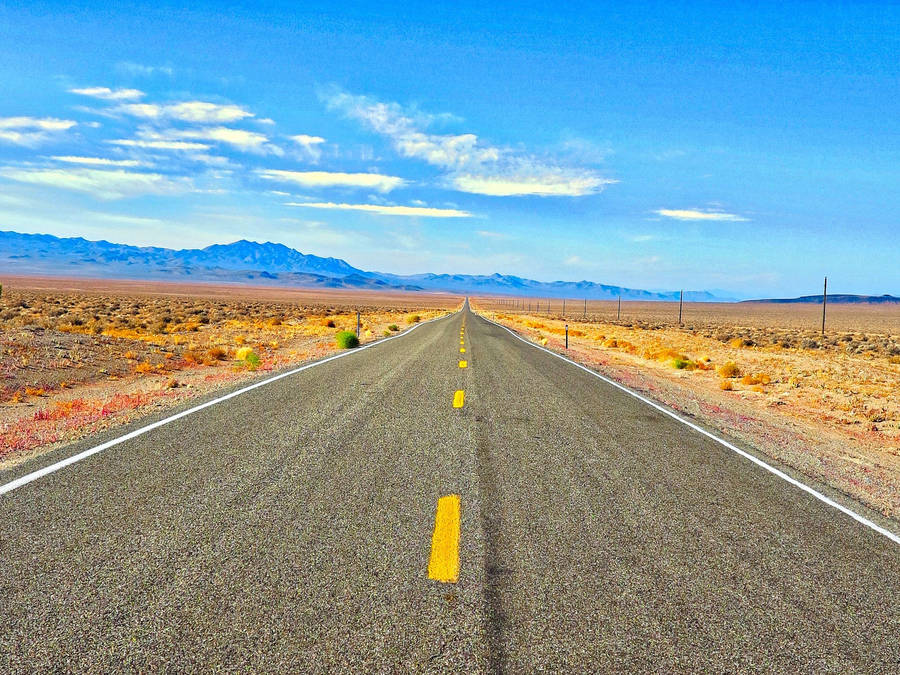As you can imagine, this is a distressing experience for people, as after many hours of trying to keep them hydrated and breathing, many of these wonderful animals still die.
So I was really pleased to see that one of the winning inventions in the current James Dyson Design Awards is a special cover designed to keep them cool for longer. If they can be found in the area of the strandings, it should be a huge improvement on the current recommended process of placing wet sacks over them!
This competition is open to final-year tertiary students studying design, technology or engineering, and to graduates in these areas who are in their first three years of work.
The cover has special cooling gel pockets....and was designed by industrial design graduate, Jamaine Fraser, who will attend the Creative Catalyst meeting for East Asian emerging creative entrepreneurs in Bangkok this year, as a guest of British Council New Zealand.
Eleven New Zealand entries, including the three national finalists, will progress to online judging in the international James Dyson Award competition. The global James Dyson Award winner will be announced in September 2009 and together with their university, they will win a total prize fund of £20,000 or local currency equivalent.They still do not understand why these mass strandings happen but there are plenty of ideas!
James Dyson, engineer and inventor of the Dyson vacuum cleaner: says “Design surrounds us. It inspires us. It makes more things possible. As our need for good design and technology increases so does the need for innovative and adventurous designers, engineers and scientists.
“If you think you have a way of making something better, don’t be afraid to be different, and don’t give up if people reject your ideas, trust your instincts. We want to encourage future generations of design engineers.”
All entries can be viewed on www.jamesdysonaward.org
http://www.popsci.com/environment/article/2008-12/mass-whale-strandings-tasmania
Pilot whales are among the most social marine mammals, often traveling in pods that include hundreds of individuals. Although these strong social bonds help the whales survive, their herding behavior can also lead to their demise -- as one whale emits a distress call that prompts the other members of the pod to follow. Some scientists believe that the whales become stranded when they are forced to chase prey too close to shore. Predators like killer whales can also cause "panic" within a whale pod, disorienting them and "herding" them towards the shoreline. Other researchers have suggested that the whales' echolocation system may not detect gently sloping coastlines. More controversial theories attribute whale beaching to military sonar and changes in the Earth's magnetic field, which could interfere with the animals' ability to navigate. But none of these theories have yet been proven, and the reason behind mass whale strandings is still a mystery.These majestic animals deserve more respect - go Greenpeace...
Sperm Whales tail with Whale Watch Kaikoura, New Zealand













